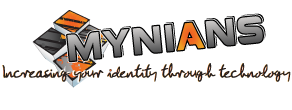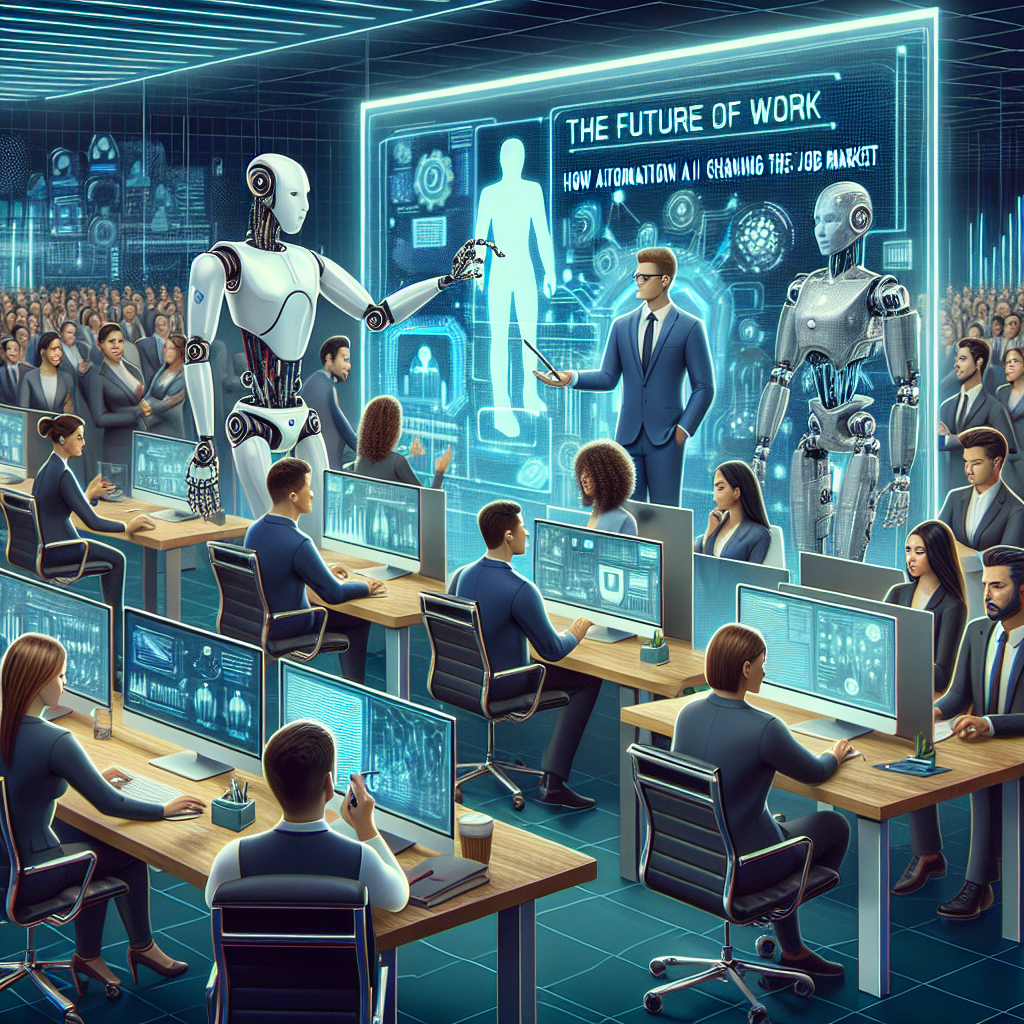As we move deeper into the 21st century, the landscape of work is undergoing a transformative shift powered by automation and artificial intelligence (AI). These technologies are rapidly redefining job roles, altering the skills required for employment, and even changing the very nature of work itself. Understanding how automation and AI are reshaping the job market is crucial for both workers and employers as they navigate this new terrain.
The Rise of Automation and AI in the Workplace
Automation refers to employing technology to perform tasks with minimal human intervention. From manufacturing processes to office jobs, automation has been progressively integrated into various sectors. Similarly, AI, which refers to the ability of machines to mimic human intelligence, has gained prominence in recent years. With advancements in machine learning, natural language processing, and robotics, AI systems can now perform intricate tasks — ranging from data analysis to complex decision-making.
Historical Context
The relationship between technology and work is not new. The Industrial Revolution marked the beginning of a significant disruption in the labor market, as machines replaced manual labor in many industries. However, the current wave of automation and AI presents challenges and opportunities that are unprecedented. Unlike earlier technological transformations that primarily affected manual labor, today’s advancements impact cognitive tasks, from customer service to financial analysis.
Job Displacement vs. Job Creation
One of the most notable effects of automation and AI on the job market is the concern over job displacement. Many workers fear that their positions will be rendered redundant as machines take over. Studies suggest that up to 800 million jobs could be displaced globally by 2030 due to automation. Sectors such as manufacturing, retail, and even professional services may see significant job reductions.
However, while some jobs may be eliminated, others will be created. As technology evolves, new roles emerge that require skills that machines cannot replicate. For instance, there is an increasing demand for data scientists and AI specialists — roles that didn’t exist a decade ago. Moreover, many jobs will be transformed, requiring workers to evolve alongside new technologies.
The Shift in Skill Requirements
As automation and AI change job roles, the skill sets needed in the job market are also evolving. Skills that emphasize human capabilities — such as emotional intelligence, creativity, and critical thinking — are becoming increasingly valuable. Further, technical skills related to managing and interpreting data are in high demand. As a result, the workforce must adapt through continuous learning and professional development.
Educational institutions and training programs are slowly responding to this change by offering courses that focus on skills pertinent to the future job market. These include data analysis, programming, digital marketing, and soft skills training. Lifelong learning is becoming a necessary paradigm as workers realize that to stay relevant, they need to continually upskill.
The Gig Economy and Remote Work
The proliferation of automation and AI has also led to the rise of the gig economy, characterized by short-term, contract-based jobs. Platforms like Uber, Upwork, and TaskRabbit enable flexible job opportunities, complementing the conventional full-time employment model. As workers seek greater flexibility and autonomy, many are opting for gig work or freelancing, resulting in more diverse professional landscapes.
Additionally, the COVID-19 pandemic accelerated remote work trends. As businesses adapt to remote or hybrid models, the way companies structure their workforce and monitor productivity will continue to evolve. This new work environment requires innovative management strategies and tools to support remote teams leveraging AI for enhanced productivity and communication.
The Ethical Considerations
The integration of AI and automation in the workplace raises several ethical concerns, particularly regarding data privacy, security, and bias. Algorithms can perpetuate existing biases if the data they are trained on is not adequately sanitized. Furthermore, the question of transparency in AI decision-making processes is becoming increasingly important, especially in sectors like healthcare, finance, and hiring.
Organizations must prioritize ethical AI practices, ensuring that their technologies promote fairness, accountability, and transparency. As governments and regulatory bodies begin to implement guidelines around AI use, businesses must remain proactive in addressing these challenges to maintain trust with their workforce and customers.
Preparing for the Future
To navigate the changes brought about by AI and automation, both workers and employers must adopt proactive strategies.
For Workers
-
Upskill and Reskill: Embrace a mindset of lifelong learning. Online courses, workshops, and certifications offer ways to acquire new skills relevant to current market demands.
-
Adaptability: Cultivate the ability to adapt to new technologies and workflows. Being open to change will become a valuable trait in the evolving job market.
- Networking: Engage with professional communities to learn from peers and industry leaders. Building a substantial network can lead to new opportunities and knowledge sharing.
For Employers
-
Invest in Employee Training: Organizations should allocate budgetary resources towards continuous training programs. This investment fosters employee retention and ensures that the workforce remains competitive.
-
Foster a Culture of Innovation: Encourage employees to share ideas and experiment with new technologies. An environment that champions creativity can lead to new business strategies and solutions.
- Implement Ethical AI Practices: Develop guidelines to ensure that AI implementations are fair, transparent, and accountable. This will not only protect workers’ rights but also enhance organizational reputation.
Conclusion
The future of work is being shaped by automation and AI, with significant implications for the job market. While there are undeniable challenges — including potential job displacement and ethical concerns — there are also substantial opportunities for growth and innovation.
As technology continues to develop, adopting a proactive approach to workforce development and continuous learning will be essential for both individuals and organizations. By understanding and adapting to these changes, we can shape a future of work that is equitable and sustainable.
FAQs
1. Will automation take away all jobs?
While automation will displace certain roles, it is also expected to create new positions and transform existing ones. Many jobs will evolve, requiring a combination of human and technological skills.
2. What skills should I focus on to stay relevant in the job market?
Focus on acquiring skills that complement automation, such as emotional intelligence, critical thinking, creativity, data analysis, and digital literacy.
3. How can I prepare for the future of work?
Engage in lifelong learning through online courses, workshops, and professional development opportunities. Networking and adaptability are also crucial in preparing for evolving job market demands.
4. Are remote jobs going to become the norm?
The trend towards remote work has accelerated due to the pandemic, and many businesses are adopting flexible work models. While not every job can be remote, hybrid models are likely to remain popular.
5. What ethical concerns should be considered with AI in the workplace?
Key ethical considerations include data privacy, algorithmic bias, transparency in decision-making, and accountability in AI applications. Organizations must prioritize fair and responsible AI practices.


